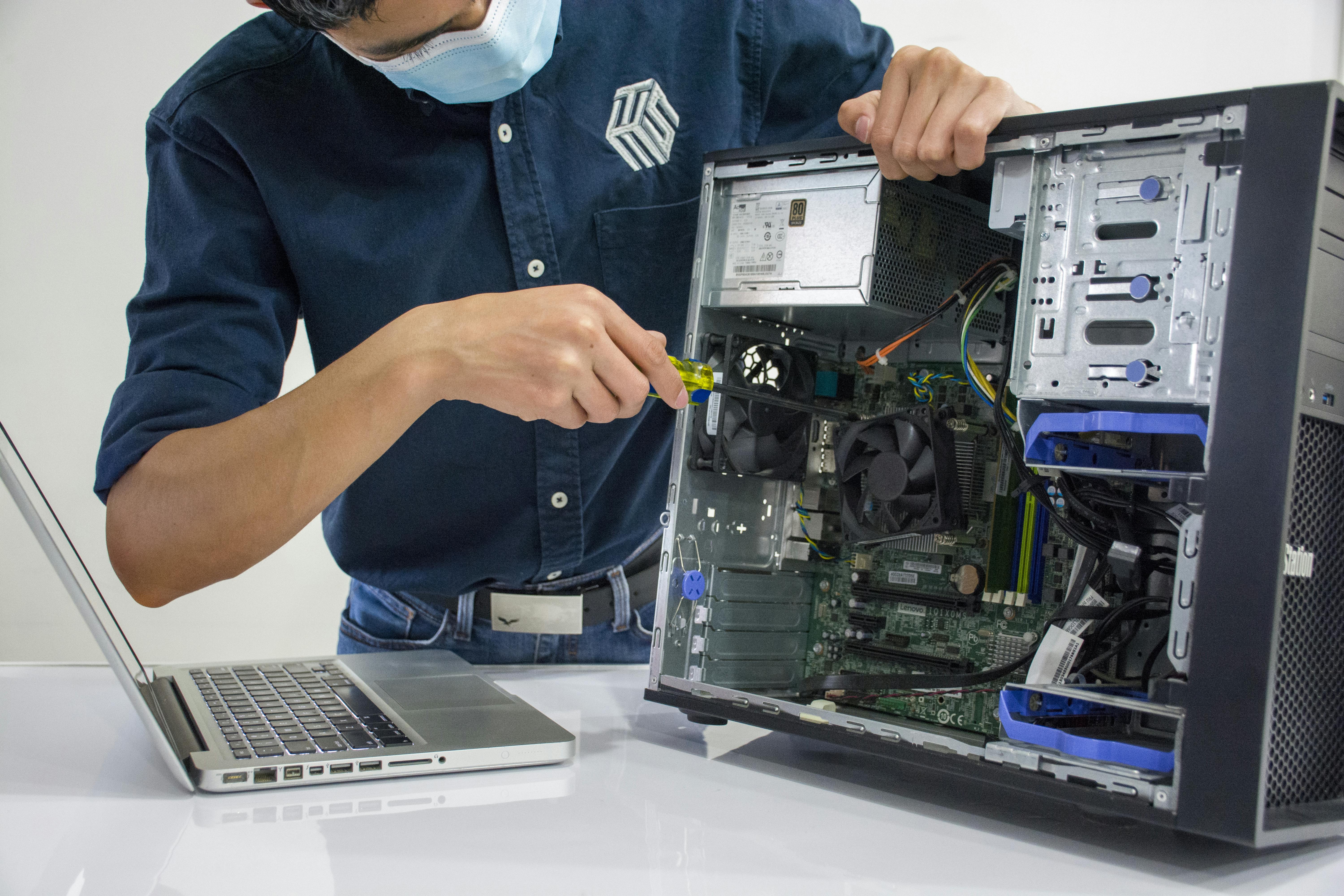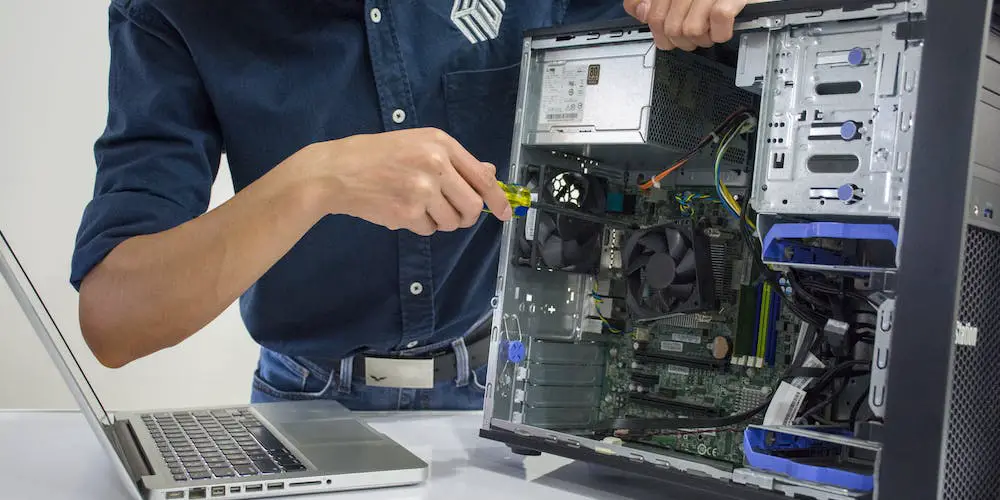As technology continues to advance at an exponential rate, the demand for faster and more efficient computer processing has become a top priority for many users. Whether you are a gamer, a graphic designer, or simply someone who uses their computer for everyday tasks, having a quick CPU can greatly impact your overall experience.
But how exactly does a quick CPU work and is it really worth the investment?
In this article, we will take a deep dive into the world of CPUs and explore the benefits and drawbacks of using a quick CPU.
Contents
What is a CPU?

Before we dive into the specifics of quick CPUs, let’s first define what a CPU actually is. CPU stands for central processing unit and it is essentially the brains of your computer. It is responsible for carrying out instructions from the software and controlling all of the other components within your computer. Without a functioning CPU, your computer would not be able to function at all.
How to Use a Quick CPU
Now that we know what a CPU is, let’s discuss how to use a quick CPU. The process is fairly simple and involves purchasing a quick CPU and installing it into your computer. However, there are a few key factors to consider before making the switch to a quick CPU.
Firstly, you need to check your motherboard compatibility. Not all motherboards are capable of supporting quick CPUs, so it’s important to do some research beforehand. You will also need to make sure that your power supply is strong enough to handle the increased power consumption of a quick CPU.
Once you have confirmed compatibility, it’s time to install the new CPU. This can be done by carefully removing your old CPU and inserting the new one in its place. Make sure to follow the instructions provided by the manufacturer for proper installation. Once you have completed the installation, you may need to update your BIOS to ensure that your new CPU is recognized by your system.
Examples of Quick CPUs
Now that we know how to use a quick CPU, let’s take a look at some examples. One example of a quick CPU is the AMD Ryzen 9 5950X, which boasts 16 cores and 32 threads for lightning-fast processing speeds. Another popular option is the Intel Core i9-11900K, with 8 cores and a turbo boost speed of up to 5.3GHz. These quick CPUs are perfect for tasks such as video editing, gaming, and heavy multitasking.
Advantages of a Quick CPU

Now that we understand what a quick CPU is and how to use it, let’s discuss the advantages of using one.
Speed and Performance
The most obvious advantage of a quick CPU is its speed and performance. With more cores and faster clock speeds, a quick CPU can handle complex tasks and processes much quicker than a slower one. This means less lag time and a smoother overall experience for the user.
Multitasking
Quick CPUs also excel in multitasking. With more cores, they can handle multiple processes simultaneously without slowing down. This is especially beneficial for users who need to run multiple programs at once, such as gamers or graphic designers.
Future-proofing
Investing in a quick CPU now can also future-proof your computer. As software and applications become more advanced and require more processing power, having a quick CPU will ensure that your computer can handle these updates without needing an upgrade.
Disadvantages of a Quick CPU
While there are many benefits to using a quick CPU, there are also some drawbacks to consider.
Cost
One of the main disadvantages of a quick CPU is the cost. These high-performance processors can come with a hefty price tag, making them less accessible for some users. Additionally, you may also need to upgrade other components in your system to fully take advantage of the quick CPU’s capabilities.
Power Consumption and Heat
Quick CPUs also consume more power and generate more heat than their slower counterparts. This means you may need to invest in a better cooling system for your computer to prevent overheating and potential damage to your components.
Compatibility and Upgradability
As mentioned earlier, not all motherboards are compatible with quick CPUs. This can limit your options when it comes to upgrading your processor in the future. Additionally, as technology continues to advance, newer and faster CPUs are released which may make your current quick CPU obsolete sooner than expected.
Conclusion

In conclusion, a quick CPU can greatly enhance your overall computing experience with its speed and performance. However, it is important to weigh the advantages and disadvantages before making the switch. Make sure to do thorough research and consider your specific needs before investing in a quick CPU. And remember, always follow proper installation procedures to ensure a smooth transition to your new processor.

Information Security Asia is the go-to website for the latest cybersecurity and tech news in various sectors. Our expert writers provide insights and analysis that you can trust, so you can stay ahead of the curve and protect your business. Whether you are a small business, an enterprise or even a government agency, we have the latest updates and advice for all aspects of cybersecurity.

